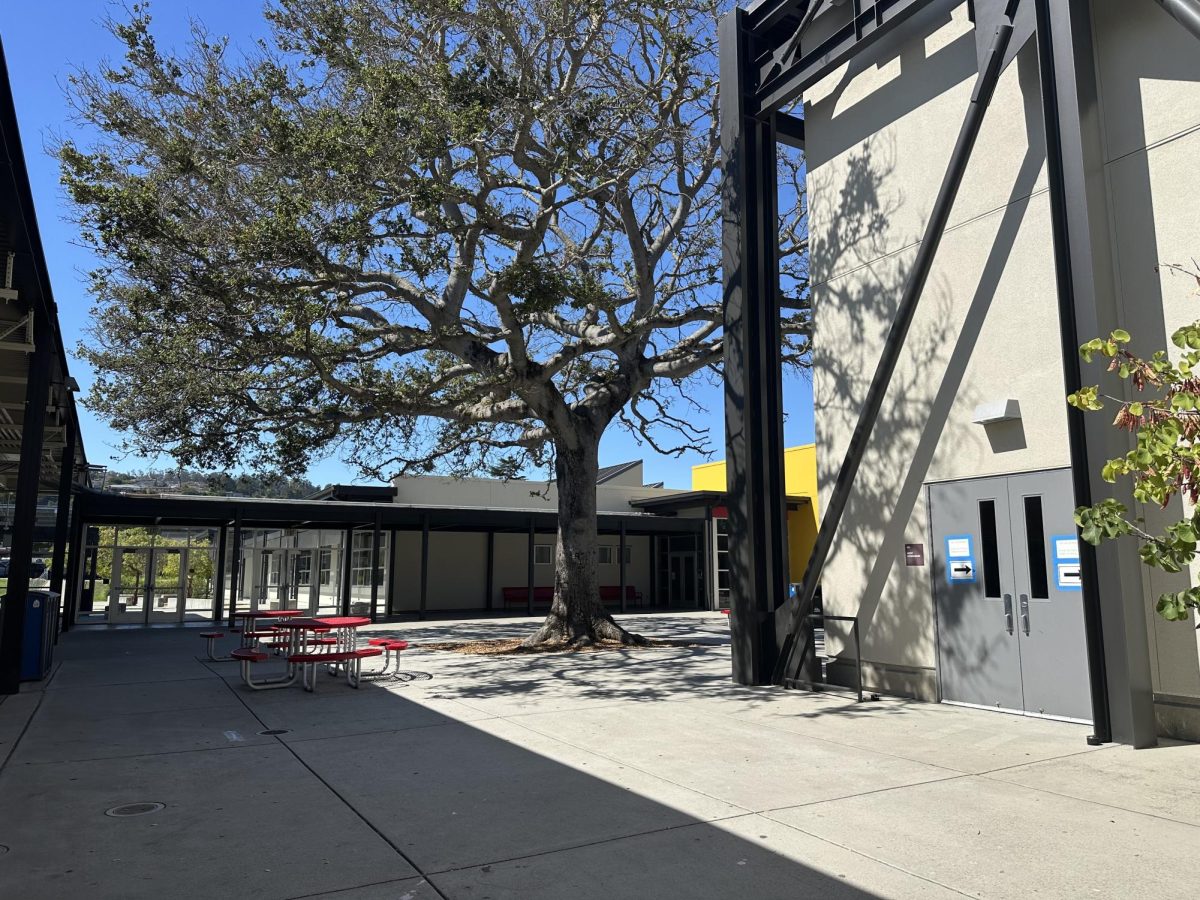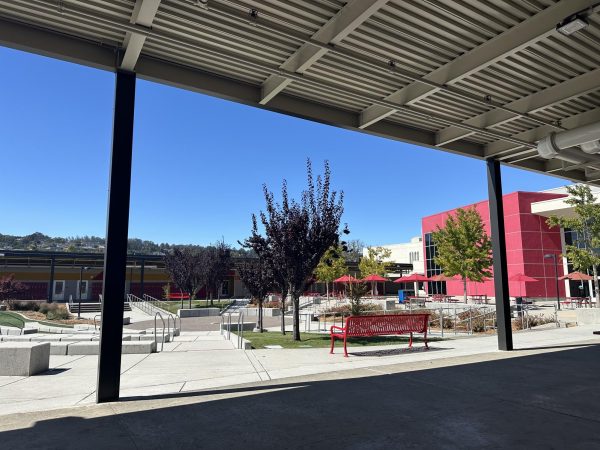
On August 20th, the school administrators sent out an email announcing a stricter enforcement of the school’s closed campus policy. With these new rules, students are no longer allowed to leave school campus during lunch without explicit permission from staff. Off campus visits for personal errands or conveniences are also prohibited. It has been noted by staff that students who voluntarily leave during free periods either return tardy or leave completely, which raises safety and security concerns for staff. Due to this, administration works on enforcing a stricter closed policy rule to ensure student safety in case of emergencies. Failure to comply will also result in punishments such as students being “subject to disciplinary consequences, including losing school privileges (dances, rallies, athletics, prom),” as stated from an email sent by administrators. However, this decision has sparked many mixed feelings amongst students. Many feel restricted and frustrated that administrators have limited their personal
freedom.
Tania Wain (12) shared her perspective and states: “I’ve heard from Mr. Lira that students wouldn’t come back after lunch, and since we’re pretty close to El Camino–thats a busy road, you never know what could happen,” exhibiting one of the main safety concerns staff have for students. “I think what my friends have been saying, everyone wishes it wasn’t a closed campus because a lot of schools have an open campus for lunch, and I think it’s just the idea of being able to go somewhere,” Wain added, referencing the freedom students missed with having a more lenient closed campus policy.
Another senior, Leona Sin, also had a similar but different approach: “I don’t really care because I don’t leave anyway but for those who do, should be allowed to because what if we want food? I mean as long as we come back in time, it should be fine.” Indicating students want some time off campus for personal necessities despite staff concerns about attendance and security.
Teachers have also weighed with Don Burdette, U.S. History and psychology teacher, being an advocate for the students. “The main reason is really a surprise. You would think it’s because of tardies and students abusing the policy. And even though that was a problem, it wasn’t enough of a problem to end the program. The issue was surprisingly from the Millbrae Businesses. A lot of customers at various businesses had a problem with students descending on Millbrae. Apparently the businesses cared more about those older regular customers than they did from the profit from the students that would come to lunch.” With his remarks, they suggest that although local businesses have been concerned with handfuls of students resorting to businesses for lunches and overwhelming business owners, Burdette’s comments lean towards supporting the students’ side and showing that they play a role in Millbrae’s business activity and should not be disregarded in conversation about the new policy.
The stricter closed campus policy has brought up much feedback from staff and students. Some staff say it’s about keeping students safe, while many students feel like it takes away their freedom. Teachers such as Burdette, pointed out that businesses in the Millbrae area were a huge part of the reason why the policy has been reinforced. Whether or not the policy stays this way, it has definitely started a bigger conversation about how much freedom students should really have during school hours.
